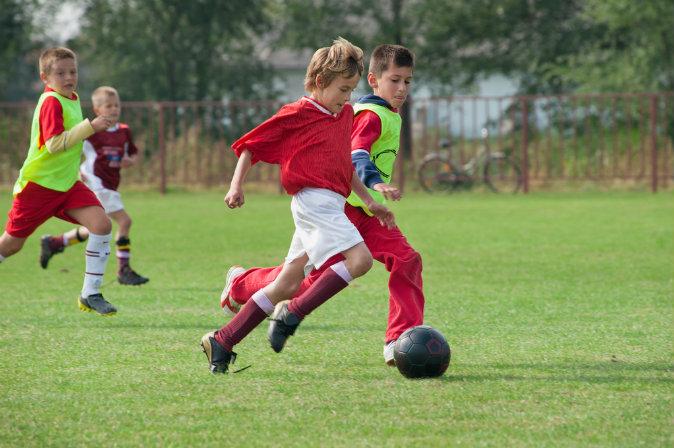Adults who played organized sports as children and teens have stronger bones than peers who were less active as kids, a new study suggests.
Australian researchers found that boys and girls who consistently participated in sports between the ages of 5 and 17 ended up with better bone density at age 20 than those who dropped out or never played, according to the results in the Journal of Bone and Mineral Research.






